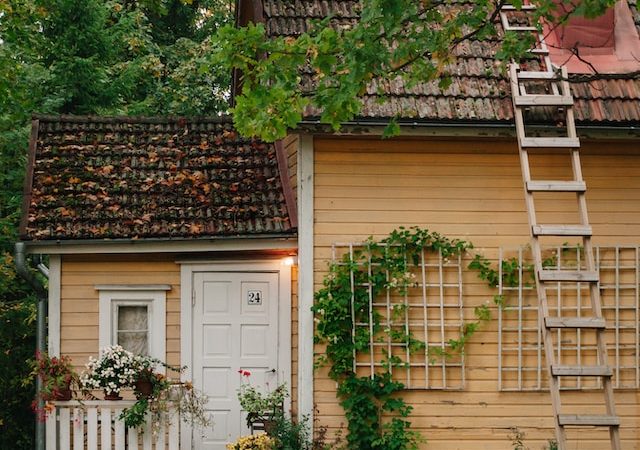Introduction: In the face of climate change and environmental degradation, it is crucial for individuals to take action towards sustainability. While many people focus on reducing their carbon footprint through energy-efficient practices, one often overlooked area is the garden. Your garden has the potential to be a powerful tool in the fight against climate change
Introduction:
In the face of climate change and environmental degradation, it is crucial for individuals to take action towards sustainability. While many people focus on reducing their carbon footprint through energy-efficient practices, one often overlooked area is the garden. Your garden has the potential to be a powerful tool in the fight against climate change and can contribute to a more sustainable future. In this article, we will explore how your garden can help save the planet.
Subtitle 1: The Power of Green Spaces
Green spaces, such as gardens, play a vital role in mitigating the effects of climate change. They act as carbon sinks, absorbing carbon dioxide from the atmosphere and storing it in plants and soil. By creating and maintaining a garden, you are actively contributing to the reduction of greenhouse gas emissions.
Subtitle 2: Growing Your Own Food
One of the most impactful ways your garden can help save the planet is by growing your own food. By doing so, you reduce the carbon footprint associated with the transportation and packaging of store-bought produce. Additionally, homegrown fruits and vegetables are often free from harmful pesticides and chemicals, promoting healthier eating habits.
Subtitle 3: Creating a Habitat for Wildlife
Gardens can provide a sanctuary for wildlife, especially in urban areas where natural habitats are scarce. By incorporating native plants, trees, and shrubs, you can attract a diverse range of birds, butterflies, bees, and other beneficial insects. This promotes biodiversity and helps maintain a balanced ecosystem.
Subtitle 4: Reducing Your Carbon Footprint
Maintaining a garden can also help reduce your carbon footprint in various ways. Composting kitchen scraps and yard waste reduces the amount of organic waste sent to landfills, where it would release harmful greenhouse gases. Additionally, using manual tools instead of gas-powered ones and opting for organic fertilizers and pest control methods minimize the use of fossil fuels and harmful chemicals.
Subtitle 5: Conserving Water Resources
Water scarcity is a growing concern in many parts of the world. By implementing water-saving techniques in your garden, such as collecting rainwater and using drip irrigation systems, you can significantly reduce water consumption. Choosing drought-tolerant plants and practicing proper watering techniques further contribute to water conservation efforts.
Subtitle 6: Promoting Biodiversity
Gardens can serve as mini-ecosystems, supporting a wide range of plant and animal species. By planting a variety of native plants, you provide food and shelter for local wildlife, helping to restore and preserve biodiversity. This is particularly important as many species face habitat loss and population decline.
Subtitle 7: Enhancing Air Quality
Plants are natural air purifiers, absorbing carbon dioxide and releasing oxygen. By cultivating a garden, you contribute to cleaner air in your surroundings. Additionally, certain plants have the ability to filter out pollutants and improve air quality, making your garden a breath of fresh air.
Subtitle 8: Inspiring Community Engagement
Your garden can be a source of inspiration for others in your community. By sharing your knowledge and experiences, you can encourage others to adopt sustainable gardening practices. Community gardens and shared spaces can foster a sense of belonging and collaboration, further strengthening the collective effort towards a sustainable future.
Subtitle 9: Conclusion: Cultivating a Sustainable Future
In conclusion, sustainability starts at home, and your garden can play a significant role in saving the planet. By creating green spaces, growing your own food, supporting wildlife, reducing your carbon footprint, conserving water resources, promoting biodiversity, enhancing air quality, and inspiring community engagement, you contribute to a more sustainable and resilient future. So, grab your gardening tools and join the movement towards a greener and healthier planet.

















Leave a Comment
Your email address will not be published. Required fields are marked with *